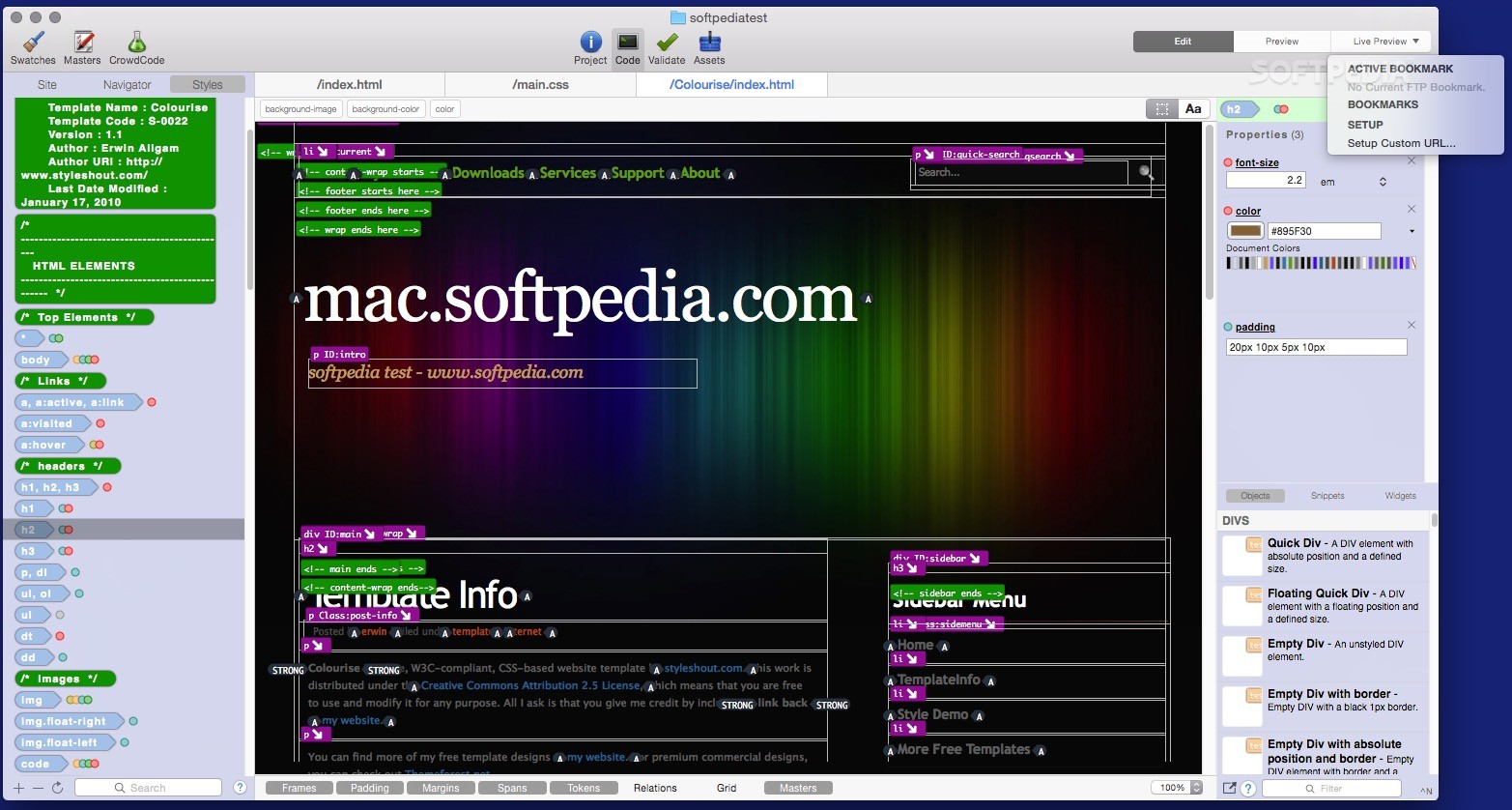

Required Clone the m a s t e r branch of binary_c.Įxport CC=gcc # or the compiler of your choice.Meson builddir -prefix=$HOME -buildtype=release
#Download flux for mac os x 10.8.1 install
binary_c includes a version of librchash as a backup, but it's useful to build and install it so you get the latest version.
#Download flux for mac os x 10.8.1 update
Probably required Update your meson and ninja,.libbsd is not required for binary_c but is useful and may speed up the code. You will require the development version which contains the various header files, this is usually called libbsd-dev (or similar). Optional If you can, install libbsd – this is a system package so requires root access.bashrc if you are using bash,Įxport LD_LIBRARY_PATH=$HOME/lib:$BINARY_C/src bashrc or manually every time) Set up LIBRARY_PATH, LD_LIBRARY_PATH and PATH in.

bashrc or equivalent shell profileĮxport BINARY_C=$HOME/progs/stars/binary_cĪnd restart your shellso that the environment variable BINARY_C is defined. binary_c will be installed in the BINARY_C directory, usually $HOME/progs/stars/binary_c, and other software will be downloaded and built in $HOME/git. Installed support libraries will be put in $HOME/lib (with associated executables in $HOME/bin, include files in $HOME/include, etc.) so they are private to the user, rather than in system locations. I assume your temporary directory is /tmp and you use a shell like bash. I also assume you are building for a generic 64-bit CPU on Linux, and have software like gcc, Perl5, Python3, wget and other standard build tools installed. In the following, I assume you have internet access.


 0 kommentar(er)
0 kommentar(er)
